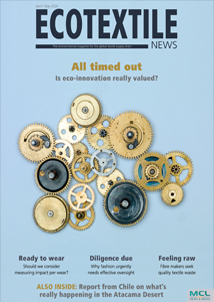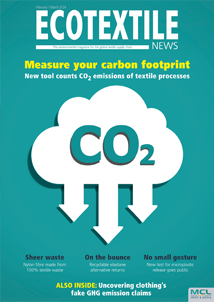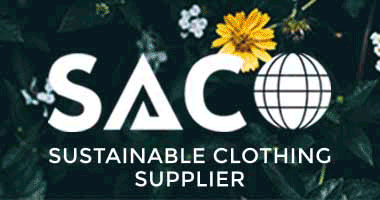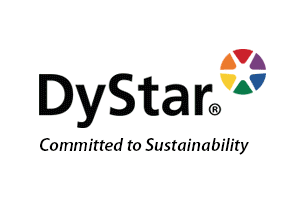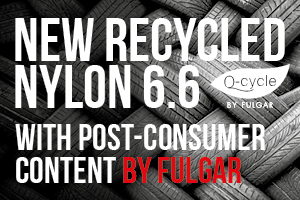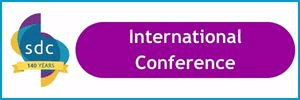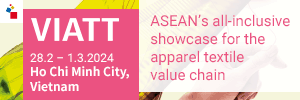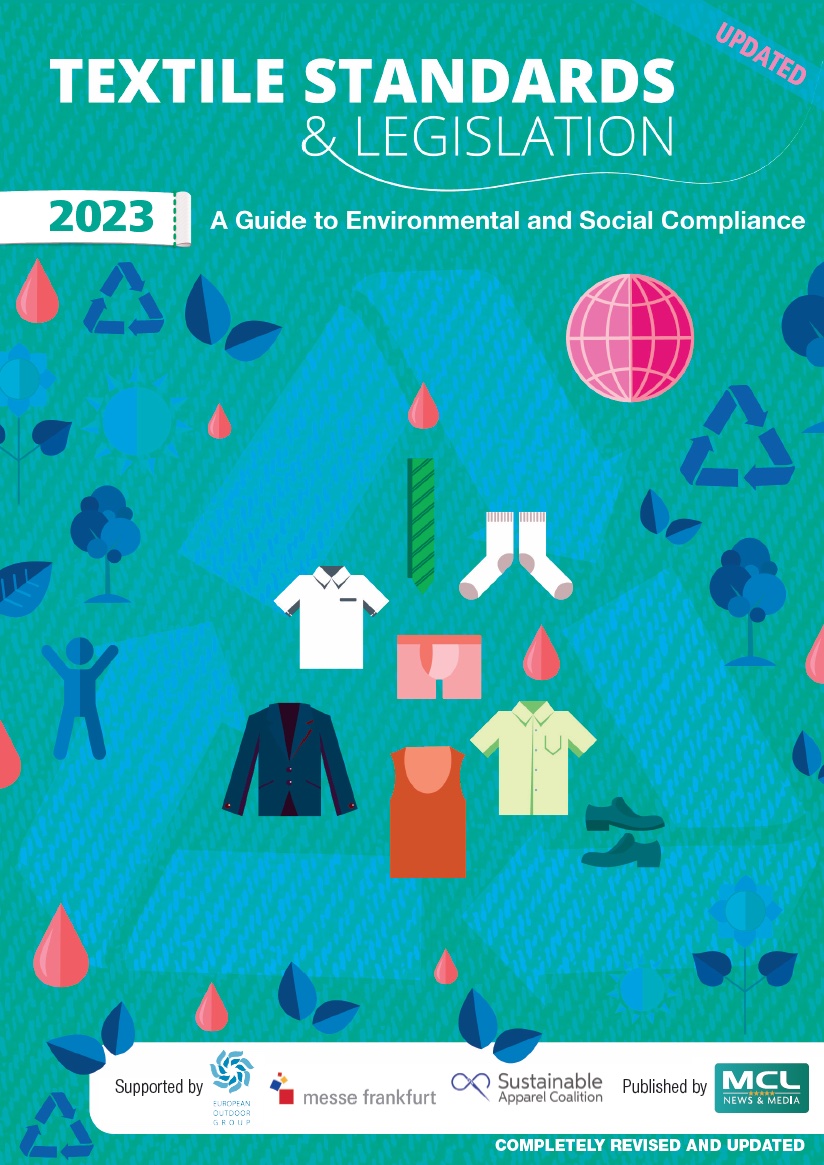LONDON - Researchers claim to have demonstrated a new process for the reactive dyeing of cotton which requires up to 40 per cent less dye and 97.5 per cent less alkali than conventional aqueous dyeing, while eliminating the requirement for inorganic salts and allowing for the recycling of all spent dye baths throughout the process. Reactive dyeing, the most commonly used coloration method for cotton, generates effluents which are difficult to treat and non-reusable due to dye hydrolysis. The scientists report they have also replaced water with 'non-nucleophilic green solvents' as the dye carrier and tested their findings over a 10-cycled process.
Back Issue Archive
Other Publications from MCL News & Media











